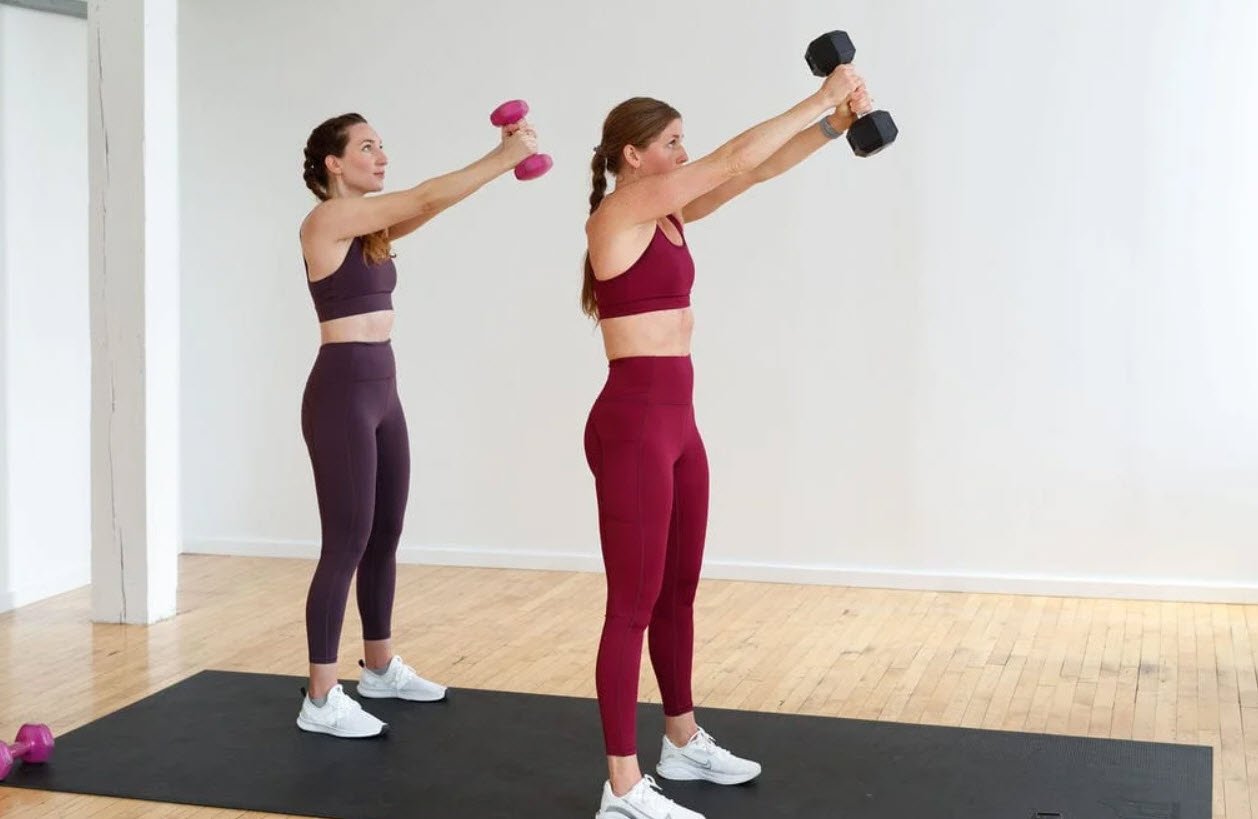
Walking is a quick and efficient exercise that has several health advantages. People of all ages and fitness levels can participate in this low-impact activity.By raising heart rate, lowering blood pressure and cholesterol levels, and lowering the risk of heart disease, walking can assist to enhance cardiovascular health. Additionally, it can aid with weight management and enhance general fitness.
Additionally, it helps lower the risk of osteoporosis and strengthen the bones and muscles.
Additionally useful to mental health, walking can help people feel less stressed, anxious, and depressed. It can enhance one’s mood, cognitive ability, and general well-being. Additionally, it can aid in lowering the danger of Alzheimer’s disease and cognitive decline.Walking is a great way to get regular physical activity, and it’s free, convenient, and easy to do. Even a short walk can have many benefits for your overall health, so it’s worth incorporating it into your daily routine.
Walking has several health benefits, including:
- It’s good for our hearts.
- It helps reduce stress.
- It improves our blood pressure.
- It boosts creativity.
- It can improve coordination & balance.
- It increases our exposure to vitamin D.
- It helps us maintain a healthy weight.
- It improves how we feel.
- It increases our energy.
1) It’s good for our hearts
Walking is a quick and efficient exercise that has several health advantages, especially for our hearts. People of all ages and fitness levels can participate in this low-impact activity. By raising heart rate, lowering blood pressure and cholesterol levels, and lowering the risk of heart disease, walking can assist to enhance cardiovascular health.
Additionally, it can aid with weight management and enhance general fitness. Additionally, it helps lower the risk of osteoporosis and strengthen the bones and muscles. The risk of stroke, high blood pressure, and other cardiovascular illnesses can be reduced by regular walking. Start with shorter walks and build up to longer ones as you get more accustomed to them. Additionally, remember to wear.
2) It helps reduce stress
In addition to being beneficial for our physical health, walking is also helpful for our mental health. By generating endorphins, sometimes referred to as “feel-good” hormones, routine walking can help lower stress and anxiety levels and enhance mood and general well-being. Additionally, it can aid in mind-clearing, enabling increased attention and concentration.
Walking outside, whether in a park or along a nature trail, can also be particularly advantageous because it can ease stress and anxiety. Studies have demonstrated that exposure to nature can reduce levels of the stress hormone cortisol and boost feelings of relaxation. Walking is a terrific way to get some sunshine and fresh air, which may lift your spirits and ease tension.
3) It improves our blood pressure
You may lower your blood pressure by walking, which is beneficial for keeping your heart healthy. Your heart pumps more blood when you’re walking, which helps to reduce your blood pressure. Regular walking can aid in lowering blood pressure, or hypertension, a significant risk factor for heart disease and stroke.
In addition to lowering blood pressure, walking can assist to maintain the health of your blood vessels. Walking can also aid in keeping a healthy weight and lowering cholesterol, both of which are crucial for preserving good blood pressure. It is advised to begin with shorter strolls and gradually expand the distance as you get more at ease.
4) It boosts creativity
Creativity and cognitive function can benefit from walking. According to studies, walking can improve creativity, problem-solving skills, and productivity. Walking puts the body in motion, which frees the mind to explore ideas and think more freely. It is a terrific pastime to engage in when trying to generate fresh ideas or find a solution to a problem because it can result in an enhanced state of creativity. Walking can assist to improve focus, concentration, and overall cognitive performance by increasing blood flow to the brain.
Walking meetings, brainstorming sessions, and other types of walking while working has grown in popularity in recent years because of this. Walking can also aid in lowering anxiety and stress, whichcan also help to boost creativity. Incorporating regular walks into your daily routine can help to boost creativity and cognitive function.
5) It can improve coordination & balance
Walking can help to improve coordination and balance by challenging the body’s proprioception, which is the ability to sense the position of our body parts about one another. When walking, the body is constantly adjusting to changes in terrain and surface, which helps to improve the body’s ability to balance and coordinate movements.
Walking on uneven surfaces, such as gravel, grass or a trail, can be particularly beneficial for balance and coordination. It requires the body to make constant adjustments, which can help to improve the strength and stability of the legs, hips, and core muscles. This can help to reduce the risk of falls, especially in older adults.
6) It increases our exposure to vitamin D
Walking is a fantastic way to get more vitamin D exposure, which is necessary for strong bones and a healthy immune system. When skin is exposed to sunshine, the body produces vitamin D. Regularly walking outside during the day can assist to boost your exposure to vitamin D, particularly in the early morning or late afternoon when the sun is not as intense.
It’s crucial to remember that vitamin D deficiency is prevalent, particularly in those who do not get enough sunshine exposure, thus it is a good idea to check your vitamin D levels with a doctor. A doctor might suggest vitamins if you have a deficiency.Walking is beneficial for both our physical and mental well-being.
7) It helps us maintain a healthy weight
A fantastic approach to keeping your weight in check is to go for a walk. People of all ages and fitness levels can participate in this low-impact activity. Calorie burn from regular walking can contribute to weight loss. Additionally, it improves muscle mass, which can boost metabolism and cause the body to expend more calories even when at rest. Walking can also assist to lower stress and anxiety, which can help to stop emotional eating and overeating. Additionally, walking can help to increase general fitness, which can make it simpler to perform more strenuous exercises.
Regular walking can help you maintain a healthy weight and enhance your general health. Include regular walking in your daily routine.
8) It improves how we feel
We can feel better physically and mentally by going for a walk. By increasing cardiovascular fitness, lowering the risk of chronic diseases, and enhancing muscle strength and flexibility, regular walking can assist to enhance overall physical health. Additionally, it can enhance balance and coordination and aid with weight management.

Walking has been shown to increase mood, cognitive function, and creativity while lowering stress and anxiety. It is an excellent approach to lessen emotions of tension and worry because it can aid in mind-clearing and relaxation. Walking in nature can also be particularly good for your mental health because it can help you feel more relaxed and help you feel less stressed. Regular walking should be a part of your everyday regimen.
9) It increases our energy
A fantastic approach to getting energy is to go for a walk. Cardiovascular fitness can be improved through regular walking, which can assist to boost overall energy levels. The heart pumps more blood when the body is moving, which provides the cells with oxygen and nutrients and, in turn, helps to boost energy levels.
Additionally, walking can assist to lower tension and anxiety, which can enhance mood and general well-being. Additionally, walking can aid with better sleep, which can help with daytime energy levels. Frequent walking will help you feel better overall and have more energy. Include regular walking in your daily routine. It’s crucial, to begin with, shorter strolls and gradually expand the distance as you get more accustomed to them.
You may also read:
- Nourishing Passion – Specific Foods to Promote Sexual Health
- The Power of Compound Exercises – 5 Essential Moves for Full-Body Strength
- 11 Powerful Poses to Help You Shed Pounds
- Cold Water vs. Hot Water – A Comparison of Health Benefits
- The 6-Day Total Body Workout Routine
- Essential Post-Workout Stretches for a Better Recovery
- Yoga Mudras and Their Positive Effects on Health
- 6 Quick Morning Workouts You Can Do at Home
- Breathing Exercises To Increase Oxygen Levels And Fight Stress
- 5 Yoga Poses For Better Bone Health








